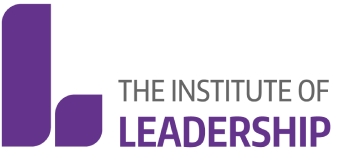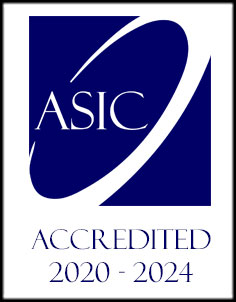Welcome
As an enabler of international cooperation, trade and sustainable peace, economic diplomacy is fundamental to the implementation of the UN’s Post 2015 Agenda - to the reduction of extreme poverty, the objective of a profound economic transformation that provides equal opportunities for all, and in the forging of a new partnership incorporating all aspects of the international community.
Course Overview
This course will provide those involved in international relations, trade and diplomacy with a comprehensive understanding of the instruments required for effective economic diplomacy.
Experts in the field will lead this training through interactive workshops, lectures and best practice case studies, fostering innovation, creative learning and networking amongst peers. This interactive learning will support participants’ understanding of key themes, including multilateral trade agreements and ethical trade strategies. By examining in-depth case studies and utilising strategic planning tools, participants will leave equipped to formulate and implement strategic plans for more effective investment and trade policies, supported by an enhanced knowledge of international treaties and the major sectors of industry. A comprehensive analysis of the mechanisms behind successful, strategic economic diplomacy will be provided, with subjects to be discussed including:
- Scoping the impact and reach of economic diplomacy in international relations
- Collaboration between state and unofficial agencies
- Supranational forums for economic diplomacy
- Models and structural differences in multilateral trade agreements
- Remittances and capital controls
- Sector targeting in economic diplomacy

The Institute of Leadership has approved this training course. The Institute combines years of research, knowledge and innovation to champion the leadership agenda for alL and since 1947 they have carried out extensive research into the knowledge, skills, attitudes, behaviours and values of great leadership. Based on The Institute's core leadership values, this course meets the standard that enables learners who have completed to access the following benefits:
- Membership of The Institute of Leadership will be in receipt of an ICPS/The Institute joint Certificate of achievement for the course
- Access to a raft of resources to help you with your continuing professional development, including an award-winning library of e-learning content
- A community of over 70,000 members worldwide enabling you to collaborate and grow your knowledge and skills
- Receipt of weekly news updates, podcasts and cutting-edge research and a monthly published journal and invitations to topical webinars
- Authorisation to use approved letters AMInstL (Associate Member of The Institute of Leadership) after your name for business correspondence
Learning Outcomes
By the end of the course the delegates will be able to:
- Develop, construct and implement strategic plans
- Lead effective organisational change
- Apply the key principles of economic diplomacy to their organisation
- Improve capacity and support structures, whilst reducing administrative burdens
- Analyse, enhance and evaluate performance
- Deliver services that better meet the needs of stakeholders
Agenda
Day 1
• How Economic Diplomacy fits with other forms of diplomacy
• Overview of the key factors and underlying theories in Economic Diplomacy
• The three key tensions in Economic Diplomacy
• Economics and politics
• Domestic and international pressures
• Government and non-government focus, including NGOs
• Developed countries
• Small and low-income countries
Day 2
• The WTO and DOHA
• Compliance and mechanisms for dispute resolution
• Different types of agreement, Free Trade areas and customs unions
• Delivery chains
• Constructing a strategic plan for economic diplomacy
• Discussion (and case study)
Day 3
• Strategic planning - sector and markets focus and channels
• Megatrends shaping FDI
• Strategic planning - sectors, targeting and channels
Day 4
• Diversifying a country’s economic base
• Harmonising international and domestic economic policy
• Causes for optimism and causes for concern
• Climate Change


What Learners Say
Ministry of Foreign Affairs of Georgia
“ Event was well organized, with lot of interesting materials and discussions. Event presented chance to deepen my knowledge in investment attraction and export promotion. I think, acquired knowledge will greatly help me to improve quality of my work. I would highly recommend to my colleagues. “